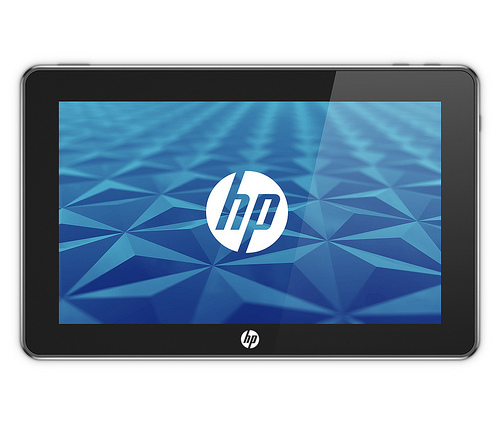Penguin Random House: Big Six Realignment Begins

Penguin Random House (Image by Marco Leone)
By now you’ve heard the latest publishing industry scuttlebutt: Random House and Penguin are shacking up. But unlike many celebrity pairings which fuel the rumor mill (Is it a marriage of passion? Convenience?), this high profile marriage offers neither surprise nor mystery.
Penguin Random House is obviously a marriage of survival.
Like two gilded empires arranging a desperate diplo-nuptial alliance, these Big Six giants are defending their hegemony in a publishing marketplace increasingly dominated by Amazon, Apple and Google.
The book publishing industry is starting to get smaller in order to get stronger.
[The Penguin Random House merger] could set off a long-expected round of consolidation as the industry adapts to the digital marketplace… The merger will create the largest consumer book publisher in the world… [enabling] greater scale to deal with the challenges arising from the growth of electronic books and the power of Internet retailers.
[…]
Facing those challenges, the major publishers have been expected to join together, getting smaller in number and bigger in size… They could all now face increased pressure to consolidate in response to a combined Penguin Random House.
[…]
HarperCollins has already signaled its interest in consolidation… Analysts also said there could be matchups between large publishing houses and smaller, independent ones. (NYTimes.com)
Not a surprise. Inevitable. Catalytic at the very least and potentially transformative. But, too little too late? Perhaps.
Compare
Penguin Random House would potentially have the market power to negotiate better deals for itself. That said, the company’s $4 billion in revenues in 2011 put it at about a tenth the size of Amazon with its $48.08 in revenues. (Forbes)
Bob Mayer dismissed the question of leverage in a tidy quip over on Nathan Bransford‘s blog.
How are they going to “battle” Amazon? Two very different entities.
And while NY is at least a year or two behind the digital age, making a larger entity certainly isn’t going to enhance change when they’re going to spend their time learning to merge, rather than advance. Small, agile publishers are the wave of the future and this was a step in the wrong direction. (Bob Mayer, via Nathan Bransford)
Leverage is leverage, especially given the massive publishing/retail bandwidth Amazon represents, but one wonders if it might take all of the Big Six merging to arm wrestle Amazon. And that might pose a few monopoly obstacles.
More likely, I imagine, will be increasingly widespread (and rapid) transformation among the traditional publishing companies. Much top talent will become free agents and many entry/mid-range talent will transition to other industries as the traditional publishing empires downsize and adapt leaner, more agile, customer-centric and creator-centric business models.
While a transition of this magnitude is inevitably destructive and scary, it is bound to fuel innovation, and this excites me and many other storytellers. Let the realignment begin! Who will follow Penguin Random House?
Related articles
- Penguin and Random House Combine to Form World’s Largest Book Publisher (digitalbookworld.com)
- Penguin-Random House Merger Talks: Rumors Confirmed (digitalbookworld.com)
- Penguin and Random House to Merge and Become Penguin Random House (observer.com)
- WRITING ON THE ETHER: Seeking Sanctuary (janefriedman.com)
- Penguin Random House (nathanbransford.com)



 Steve Rubel’s observations after
Steve Rubel’s observations after 




